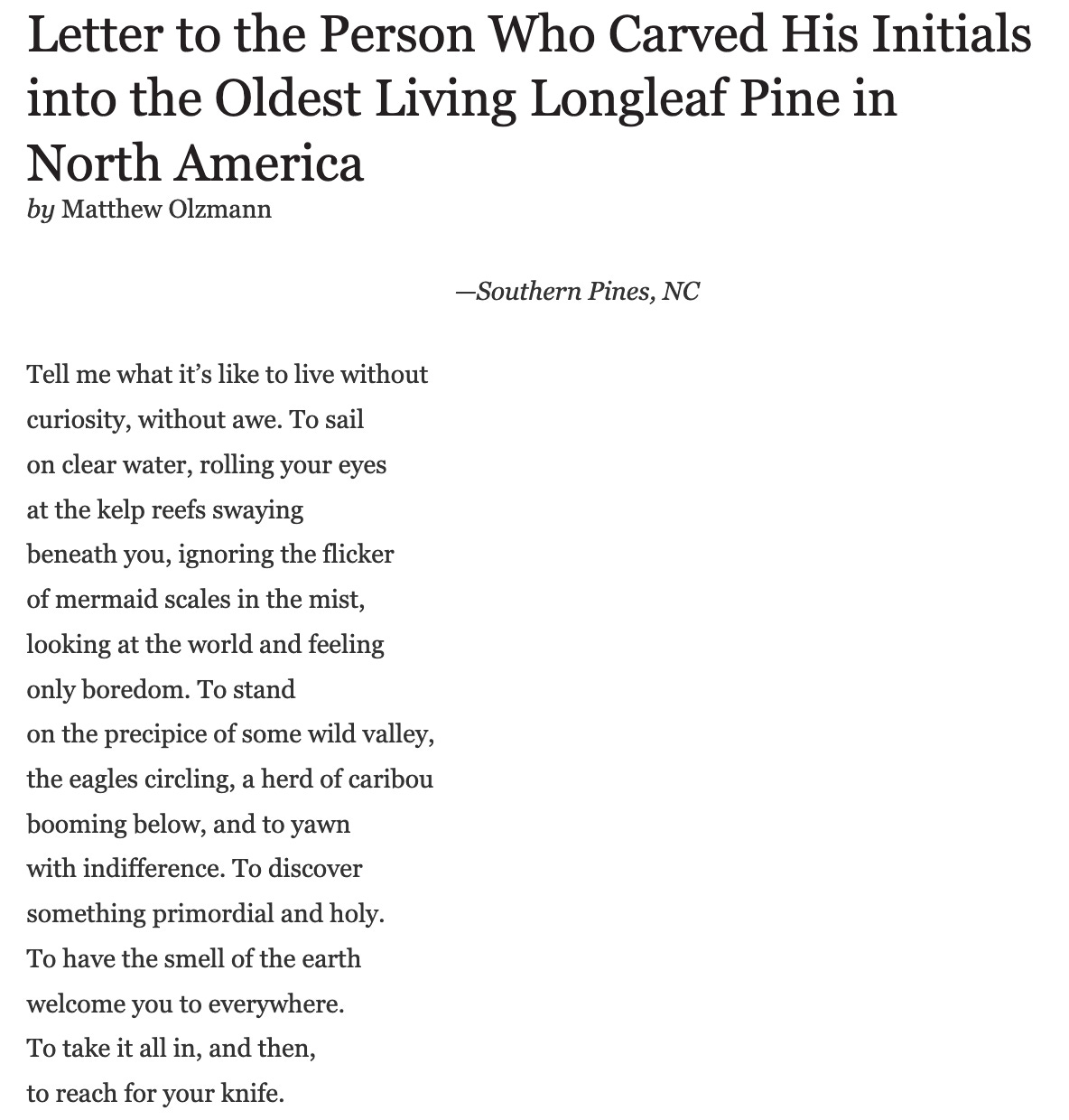Let things be short
On capitalism's urge to milk ideas dry.
I’m writing a novella. This is an awkward thing for me to share with people, both because I’m shy about my fiction and because few mainstream writers or readers appear to write or read novellas. These little books exist in the strange space between the short story and the commercially-viable novel, making them virtually invisible to a great deal of people.
The novella format excites me, though, as do other types of art that are shorter than their more conventional counterparts. Rather than insisting on drawn-out worldbuilding, numerous complex relationships, and several layers of subplot, these concise formats—novellas, short films, miniseries, and so on—say exactly what needs to be said, then politely bow out. They don’t spend 1,000 words saying what can be conveyed just as satisfactorily in 100. Their plots are sometimes less complex. More than some longer works, they trust the reader or viewer to imagine how the story might continue after the acknowledgements have been read and the credits rolled.
This is sometimes hard to pull off. Cramming a story with enough plot and exposition to be interesting can be challenging, as many of us who have tried to write short stories but ended up with novels tend to know. It’s tough to avoid the type of open-ended abstract that isn’t frustrating or confusing. It’s also hard to get a reader or viewer attached to a character they don’t get to spend much time with.
It’s possible, though. When Broad City co-creators Abbi Jacobsen and Ilana Glazer ended their Comedy Central series after “only” five seasons, they said it was to wrap up the story “on their own terms.” Rather than running their characters into the ground or allowing a studio to get bored and cut them off, Jacobsen and Glazer allowed things to close naturally, and their series was all the better for it. Stranger Things director and executive producer Shawn Levy has made similar comments. In an interview with Screen Rant, he said Stranger Things had always had a clear story arc; trying to push beyond that would mean running on fumes.
But there’s a reason shorter works are often met with resistance: money. If publishers can make loads of cash by milking an idea dry, nine times out of ten, they’ll do it. (And I’m willing to bet that’s a conservative estimate.) It’s why The Hunger Games came back to theaters 8 years after the original saga ended and why Disney keeps coming up with Star Wars sub-franchises. In an exclusive interview made to follow in-theater viewings of Strange Way of Life, director Pedro Almodóvar mentioned he was one of a few directors in his inner circles to gravitate toward the short film format. Everyone else was interested in doing a series.
This brings me back to what I mentioned earlier about novels being more commercially viable than novellas. Unless it’s a classic, you’re not likely to find many novellas at stores like Barnes & Noble, which sell books from big publishers that don’t like to stray from their $14.99+ price points. And because books usually cost at least that much, it becomes a matter of entertainment value: You’re simply getting more bang for your buck when you buy a full-length novel. (My partner and I ran into a similar issue when we went to see Strange Way of Life at a Harkins: Each ticket was $15, the theater’s normal price.)
This means readers and viewers are unfairly tasked with embracing shorter works, often at their own (literal) expense. Libraries are a godsend here, as are digital downloads (including e-books), which are typically cheaper than physical media and therefore make purchasing a shorter work more easily justifiable. But digital’s domination of the media landscape has its own problems, too, and arguably trades one disadvantage for another.
All of this is to say that shorter works’ lower visibility and viability are complex problems, largely thanks to money-driven (ahem, capitalist) commercial pathways. But I—and hopefully the relatively few other creatives who write novellas, make short films, and so on—think it’s worth working toward the normalization of these bite-sized works. Who has time for 46-movie cinematic universes, anyway?
What’s been inspiring me lately:
✰ When Women Were Birds by Terry Tempest Williams. This is a genuinely gorgeous book that gracefully intertwines the themes of voice, womanhood, social expectations, nature, and faith.
✰ This guy named Max who does absolutely ridiculous long-distance runs. I’m not athletic whatsoever, and I’m certainly not a runner, but something about the way this dude decides to do something lofty and then actually does it resonates with and inspires me quite a bit.
✰ This poem by Matthew Olzmann. I first read it years ago and loved the way it conveyed a sense of spite normally reserved for exes or crappy family members. Now I’m feeling it in a fresh way after visiting the Grand Canyon and overhearing someone say, “It’s not that great.”







I read the title of this post and immediately was drawn in and gave it a like
Let things be short! Let things end! There's beauty in something ending - we can be more grateful to have experienced it, and it opens room for something new and beautiful to come!
I'm also berry shy about my fiction. I have a few first drafts half written in multiple genres at novel length. Maybe I should give a novella a go so I actually finish writing a story 😆